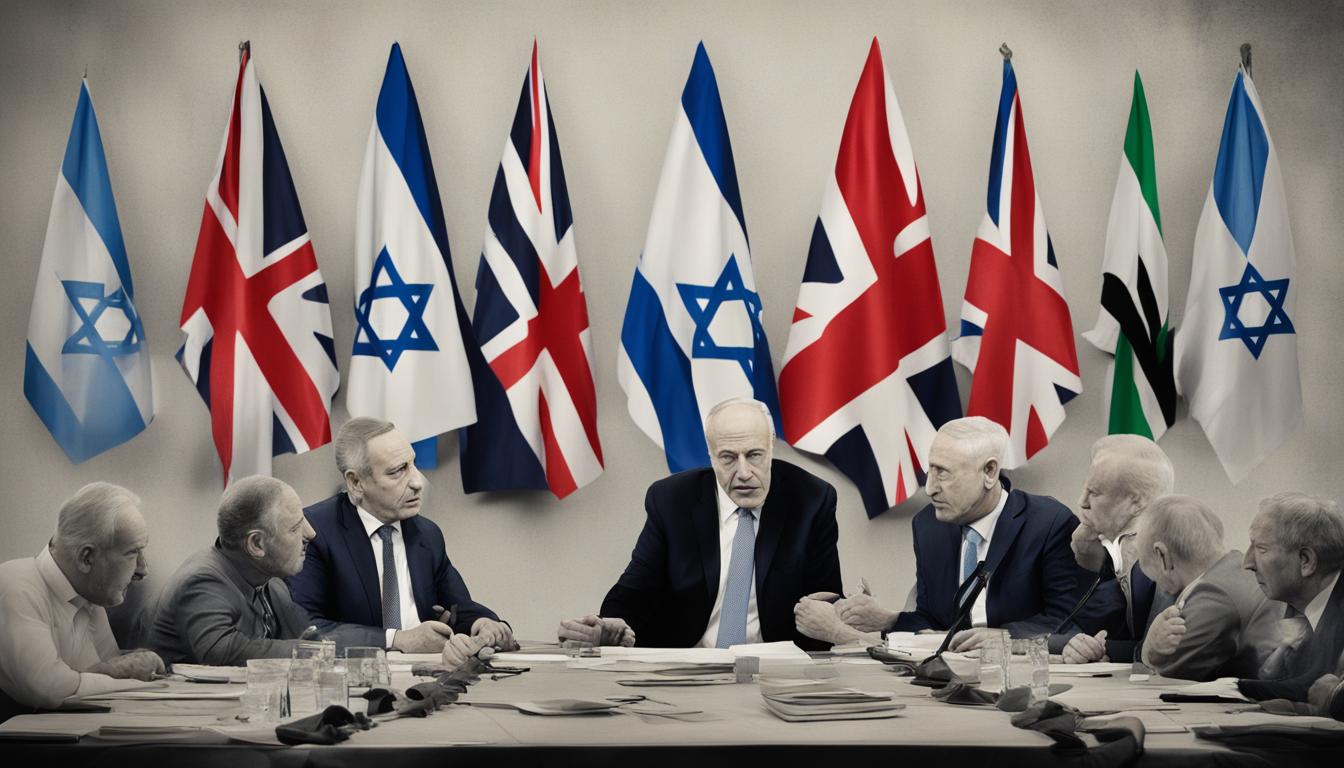Rishi Sunak, the UK Prime Minister, has criticized the potential humanitarian impact of Israel’s planned military operations in Rafah, Gaza, as hostilities with Hamas escalate and international tensions rise.
UK Prime Minister Rishi Sunak has voiced serious concerns regarding Israel’s planned military offensive in Rafah, Gaza, emphasizing the potential humanitarian consequences and the need to protect civilians. The offensive comes amid continuing hostilities between Israel and Hamas, with the Rafah border crossing—a crucial entry point for humanitarian aid—being seized by Israeli forces and subsequently closed to aid access as reported by the United Nations’ Office for the Co-ordination of Humanitarian Affairs.
The situation intensified as Israel initiated attacks on Rafah shortly after Hamas agreed to a ceasefire proposal. This has led to further displacement and hardship for the local population, already exacerbated by prior conflicts in the region. The international community, including the EU and various aid agencies, has expressed alarm over the rapidly deteriorating humanitarian conditions.
In the political realm, Shadow Foreign Secretary David Lammy has questioned the legality of the assault on Rafah, raising concerns about possible violations of humanitarian law which might affect arms exports to Israel. He, alongside Prime Minister Sunak, emphasized the need for ongoing dialogue between the conflicting parties to forge a lasting peace agreement.
Meanwhile, Israeli Prime Minister Benjamin Netanyahu has demonstrated reluctance to agree to ceasefire terms, focusing instead on the complete dismantlement of Hamas. This stance, combined with accusations against Hamas of politicizing negotiations, complicates efforts to alleviate civilian suffering, including issues of famine and the plight of Israeli hostages.
The United States, under President Joe Biden, has been cautious in its approach, focusing on diplomatic pressure to facilitate a ceasefire and increase humanitarian aid deliveries, despite criticism for not taking a more assertive stance against Netanyahu.
This sequence of events highlights the complex and volatile nature of the Israel-Gaza conflict, with international implications and urgent calls for humanitarian actions to protect the civilian populations at risk.













